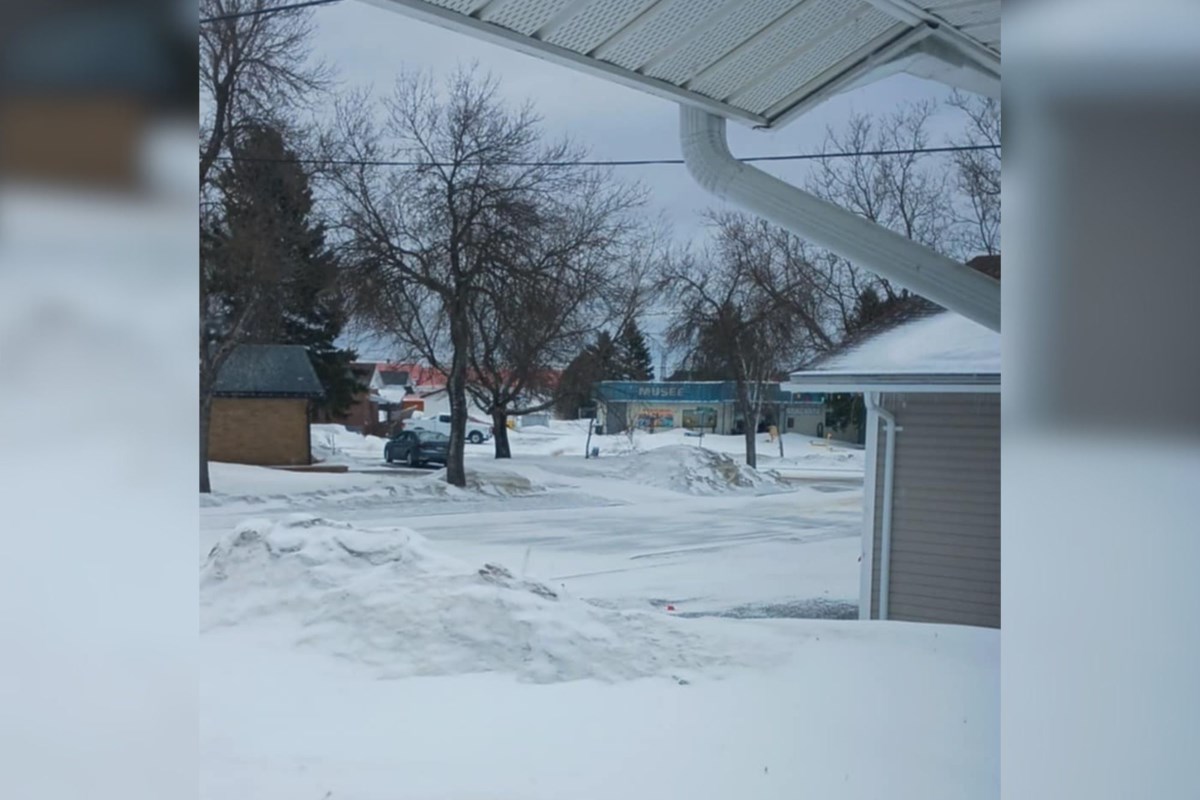U.S. Army Corps of Engineers fast-tracks permitting for contentious Enbridge pipeline in Michigan
Open this photo in gallery: Enbridge’s Mackinaw facility services the company’s existing underwater Line 5 pipeline and its planned replacement tunnel through the Straits of Mackinac between lakes Michigan and Huron.Carlos Osorio/Reuters The U.S. Army Corps of Engineers has fast-tracked the permitting process for Enbridge Inc.’s controversial Line 5 pipeline project, the latest instalment in the long-running saga to replace the aging dual line that runs under the Great Lakes in Michigan. The move is a result of President Donald Trump’s declaration of a national energy emergency made in an executive order on Jan. 20. In a public notice Wednesday, the Army Corps Detroit district said the project’s accelerated permit request by Calgary-based Enbridge meets the terms of Mr. Trump’s order because it addresses an “energy supply situation which would result in an unacceptable hazard to life, a significant loss of property, or an immediate, unforeseen, and significant economic hardship” if the application isn’t quickly addressed. Line 5 transports as much as 540,000 barrels a day of light crude oil, light synthetic crude and natural gas liquids from Superior, Wis., through northern Wisconsin and Michigan to refineries in Sarnia, Ont. It also provides roughly 45 per cent of supplies for refineries in Detroit and Toledo, and 55 per cent of Michigan’s statewide propane needs, according to Enbridge. The company has proposed building a tunnel that would run deep under the Straits of Mackinac – where Lake Michigan meets Lake Huron – to accommodate a new Line 5 pipeline segment to replace the current, aging pipe. While the Army Corps’ decision speeds up the application process, Shane McCoy, its Detroit district regulator chief, said in a briefing that a decision on the project’s permissibility “has not, and will not, be predetermined” before various analyses and all required consultations are complete. He said the draft environmental impact statement would be published later this spring, adding that the truncated process does not eliminate any assessment steps. “We have a full confidence that we were making decisions based on the best information available,” he said. Still, Wednesday’s decision drew sharp criticism from various Great Lakes region business leaders and environmental groups. They argue that fast-tracking the controversial project under the guise of an emergency sets a dangerous precedent. Juliette King, vice-president of sales and marketing for King Orchards, a fruit farm in Northern Michigan, said in a statement that the protection of the Great Lakes should be the focused emergency – not the pipeline. Pete Laing, the owner of MAWBY Sparkling Wines, said that “helping a Canadian oil company expand a 72-year-old oil pipeline puts the drinking water for over 31 million people at risk when we know there are alternatives.” Elayne Coleman, Michigan director of Sierra Club, an environmentalist group, said in a statement that fast-tracking the Line 5 tunnel puts the region at risk for catastrophic damage, adding that an oil spill would “contaminate the water for tens of millions, cost billions of taxpayer dollars to clean up, and destroy Michigan fishing and tourism.” Earlier this year, Enbridge reapplied for its state environmental permits, which are set to expire in early 2026. In an e-mail Wednesday, the company said the Line 5 relocation project was “designed to make a safe pipeline safer while also ensuring the continued safe, secure, and affordable delivery of essential energy to the Great Lakes region.” The pipeline has for years been the subject of various protracted legal battles. In 2019, the Native American tribe the Bad River Band of Lake Superior Chippewa filed a lawsuit against Enbridge, arguing that the company was operating on tribal land unlawfully. Line 5 also threatened to ignite a diplomatic row the following year, when Michigan Governor Gretchen Whitmer served notice that she was revoking the easement permit that allows Line 5 to cross the environmentally sensitive Straits of Mackinac. Citing the risk of oil spills, Ms. Whitmer gave Enbridge 180 days to comply. Michigan’s Attorney-General filed a lawsuit in state court seeking a judge’s order to enforce the measure. But Enbridge challenged the actions in U.S. federal court and said it would not shut the line down unless ordered to do so by a judge. Ottawa got involved, warning it was prepared to intervene in the matter by invoking a 1977 treaty between Canada and the U.S. that was designed to prevent “uninterrupted transmission by pipeline” of petroleum passing through each side’s territory. Last month, the U.S. Court of Appeals heard arguments from Enbridge and the State of Michigan about Ms. Whitmer’s order to halt the operation of the pipeline.


















